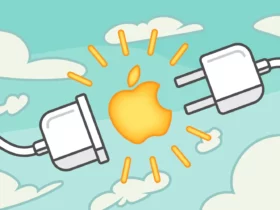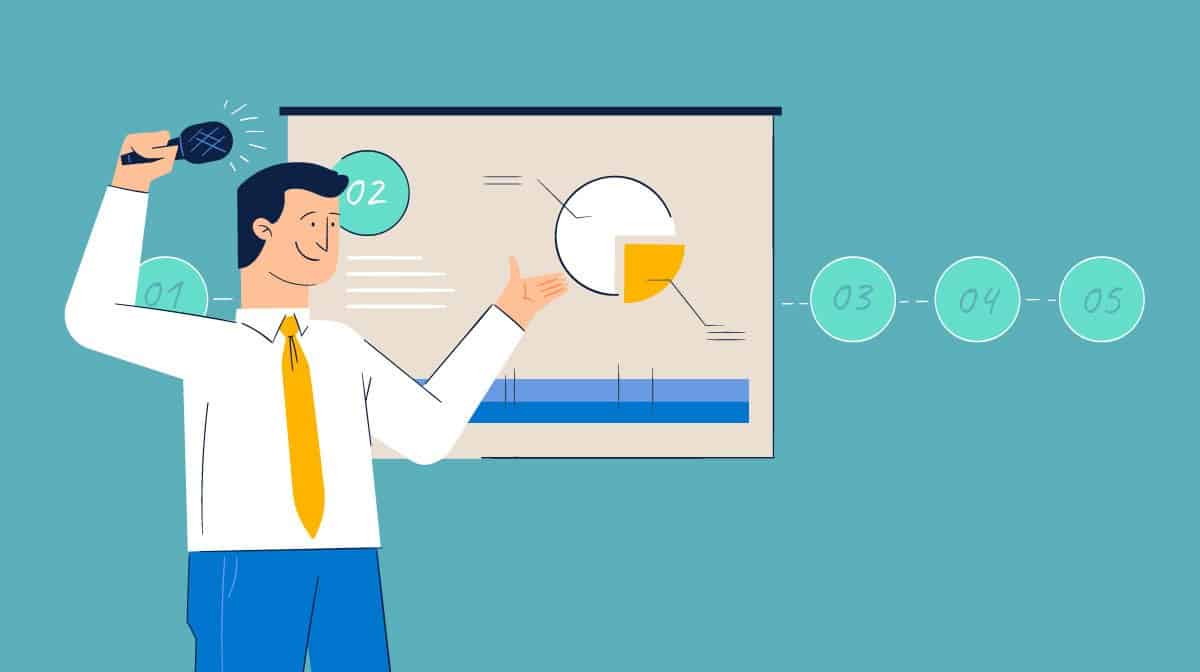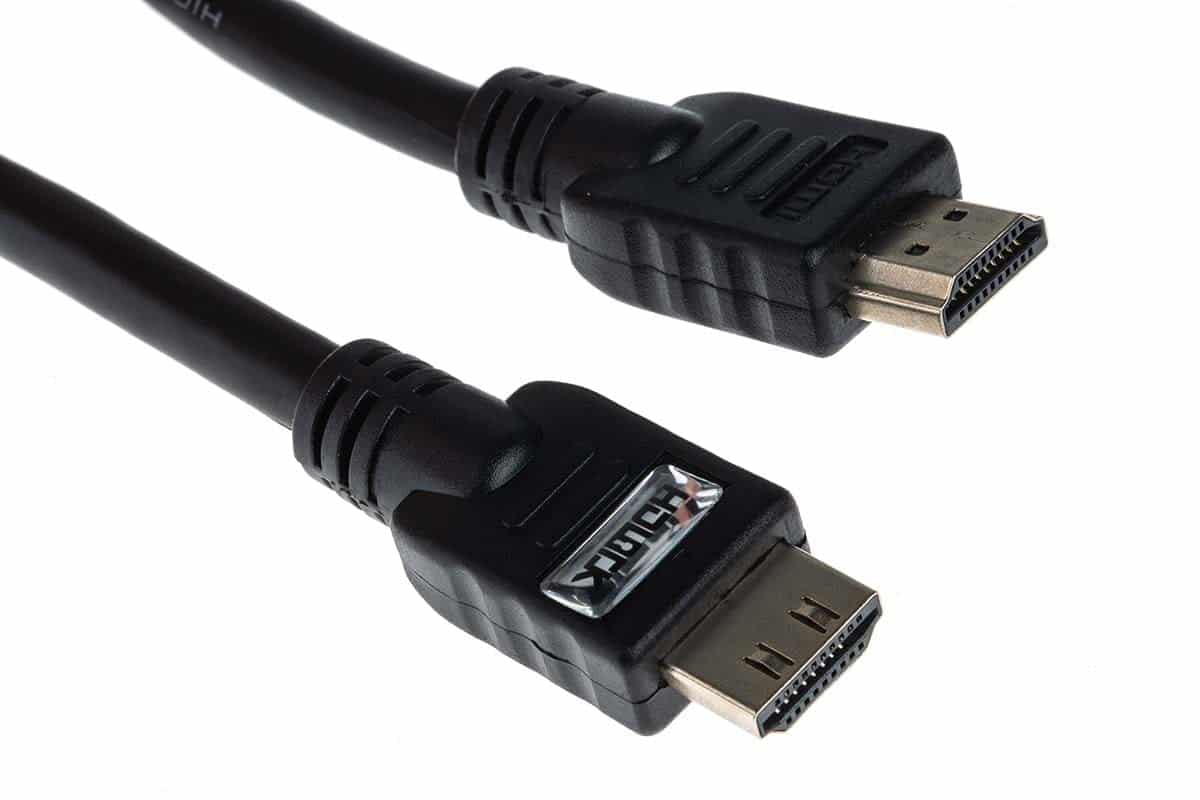In today’s fast-paced world, managing your household expenses can be a tricky task. With the rising costs of energy, it’s essential to find ways to lower your gas and electricity bills. Fortunately, there are several practical tips and strategies that can help you save money while reducing your overall energy consumption. Whether you’re a homeowner or a renter, implementing these tips can make a significant impact on your monthly expenses. Read on to discover some effective ways to lower your energy bills and improve your financial well-being.
1. Upgrade to Energy-Efficient Appliances
Investing in energy-efficient appliances can lead to substantial long-term savings on your energy bills. When shopping for new appliances, look for the ENERGY STAR label, which indicates that the product meets high standards for energy efficiency set by the Environmental Protection Agency. Upgrading to energy-efficient refrigerators, washing machines, and water heaters can lower your electricity usage, resulting in lower monthly bills.
2. Unplug Electronics When Not in Use
Many electronic devices consume energy even when they’re turned off. This phenomenon, often referred to as “vampire energy” or standby power, can contribute to higher electricity bills. To combat this, make a habit of unplugging devices such as chargers, TVs, computers, and kitchen appliances when they’re not in use. Using power strips with on/off switches can make this task more convenient and help eliminate standby power consumption.
3. Optimize Your Heating and Cooling Systems
Heating and cooling account for a significant portion of energy usage in most households. To lower your gas and electricity bills, consider simple changes such as adjusting your thermostat settings. During the winter, lowering your thermostat by a few degrees can result in noticeable savings, while raising the temperature by a few degrees in the summer can also make a difference. Additionally, regular maintenance of your HVAC systems, including cleaning or replacing filters, can improve their efficiency and reduce energy consumption.
4. Use Natural Light and Energy-Efficient Lighting
Maximizing natural light in your home during the day can reduce the need for artificial lighting, thereby lowering your electricity usage. When natural light isn’t sufficient, opt for energy-efficient lighting options such as LED bulbs. These bulbs consume less energy and last longer than traditional incandescent bulbs, making them a cost-effective choice for illuminating your home.
5. Seal Air Leaks and Insulate Your Home
Preventing air leaks and improving insulation can lead to considerable energy savings. Caulking and weather-stripping around doors and windows can help seal drafts, while adding insulation to your attic, walls, and basement can enhance your home’s energy efficiency. By reducing heat loss in the winter and heat gain in the summer, you can lower your reliance on heating and cooling systems, ultimately reducing your energy bills.
6. Monitor Your Energy Usage
Keeping track of your energy consumption can provide valuable insights into your usage patterns and help identify areas where you can make improvements. Consider investing in a smart energy monitor or utilizing your utility company’s online tools to monitor your gas and electricity usage. By understanding how and when you use energy, you can make informed decisions to lower your energy bills.
By incorporating these tips into your daily routine, you can take proactive steps to lower your gas and electricity bills and contribute to a more sustainable environment. From making simple adjustments to your home’s lighting and temperature settings to investing in energy-efficient appliances, there are numerous ways to reduce your energy consumption and save money in the process. Remember that small changes can add up to significant savings over time, so start implementing these tips today and enjoy the benefits of a more energy-efficient and cost-effective lifestyle.







